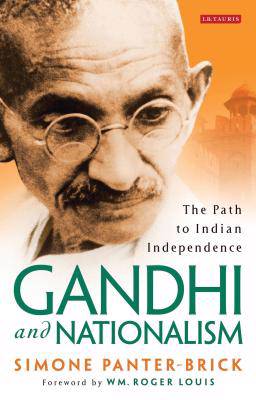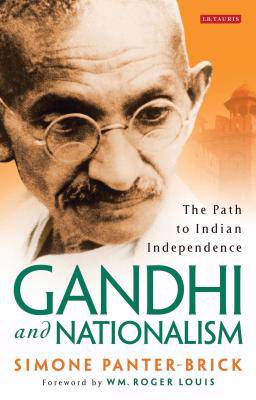
- Afhalen na 1 uur in een winkel met voorraad
- Gratis thuislevering in België vanaf € 30
- Ruim aanbod met 7 miljoen producten
- Afhalen na 1 uur in een winkel met voorraad
- Gratis thuislevering in België vanaf € 30
- Ruim aanbod met 7 miljoen producten
Omschrijving
Gandhi's nationalism seems simple and straightforward: he wanted an independent Indian nation-state and freedom from British colonial rule. But in reality his nationalism rested on complex and sophisticated moral philosophy. His Indian state and nation were based on no shallow ethnic or religious communalism, despite his claim to be Hindu to his very core, but were grounded on his concept of swaraj - enlightened self-control and self-development leading to harmony and tolerance among all communities in the new India. He aimed at moral regeneration, not just the ending of colonial rule. Simone Panter-Brick's perceptive and original portrayal of Gandhi's nationalism analyses his spiritual and political programme. She follows his often tortuous path as a principal, spiritual and political leader of the Indian Congress, through his famous campaigns of non-violent resistance and negotiations with the Government of India leading to Independence and, sadly for Gandhi, the Partition in 1947. Gandhi's nationalism was, in Wm. Roger Louis's phrase, 'larger than the struggle forindependence'. He sought a tolerant and unified state that included all communities within a 'Mother India'.
Panter-Brick's work will be essential reading for all scholars and students of Indian history and political ideas.
Specificaties
Betrokkenen
- Auteur(s):
- Uitgeverij:
Inhoud
- Aantal bladzijden:
- 240
- Taal:
- Engels
- Reeks:
Eigenschappen
- Productcode (EAN):
- 9781784530235
- Verschijningsdatum:
- 16/12/2014
- Uitvoering:
- Paperback
- Formaat:
- Trade paperback (VS)
- Afmetingen:
- 135 mm x 213 mm
- Gewicht:
- 258 g

Alleen bij Standaard Boekhandel
Beoordelingen
We publiceren alleen reviews die voldoen aan de voorwaarden voor reviews. Bekijk onze voorwaarden voor reviews.







